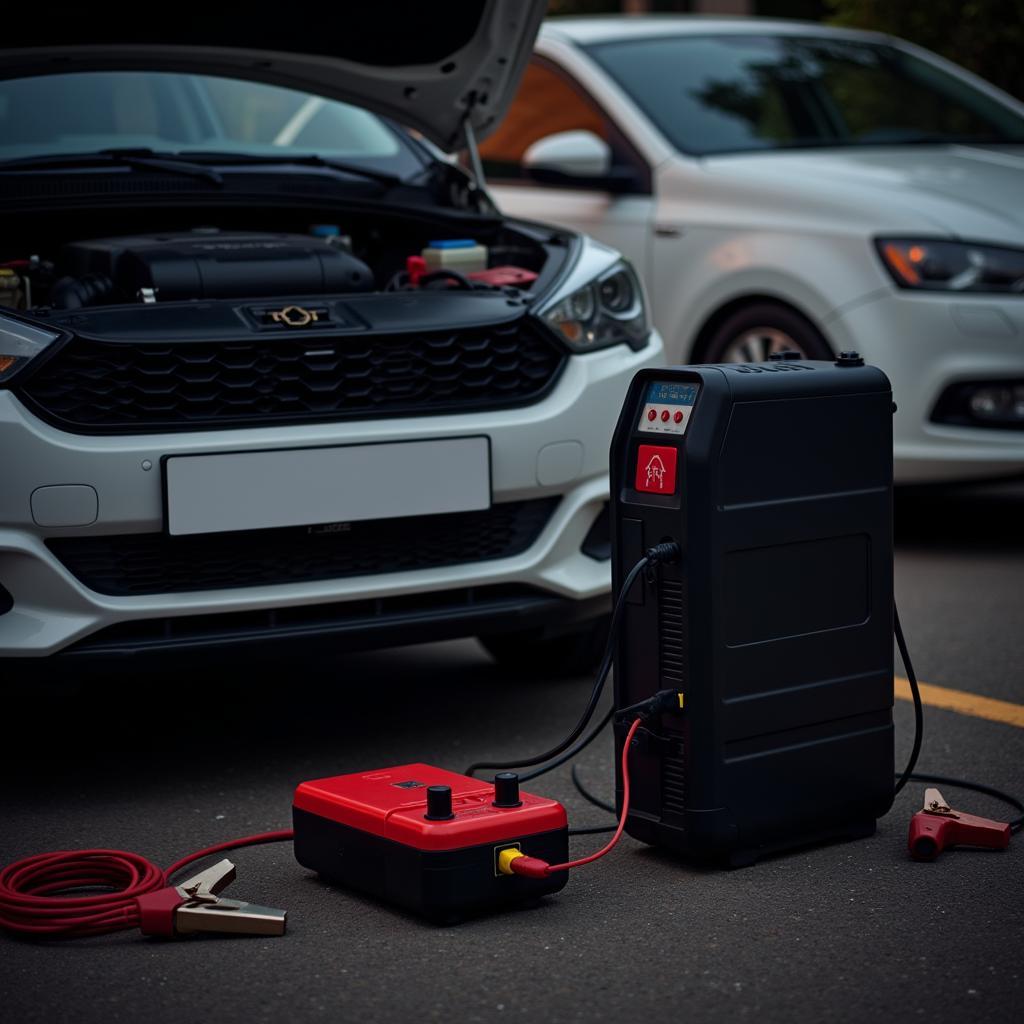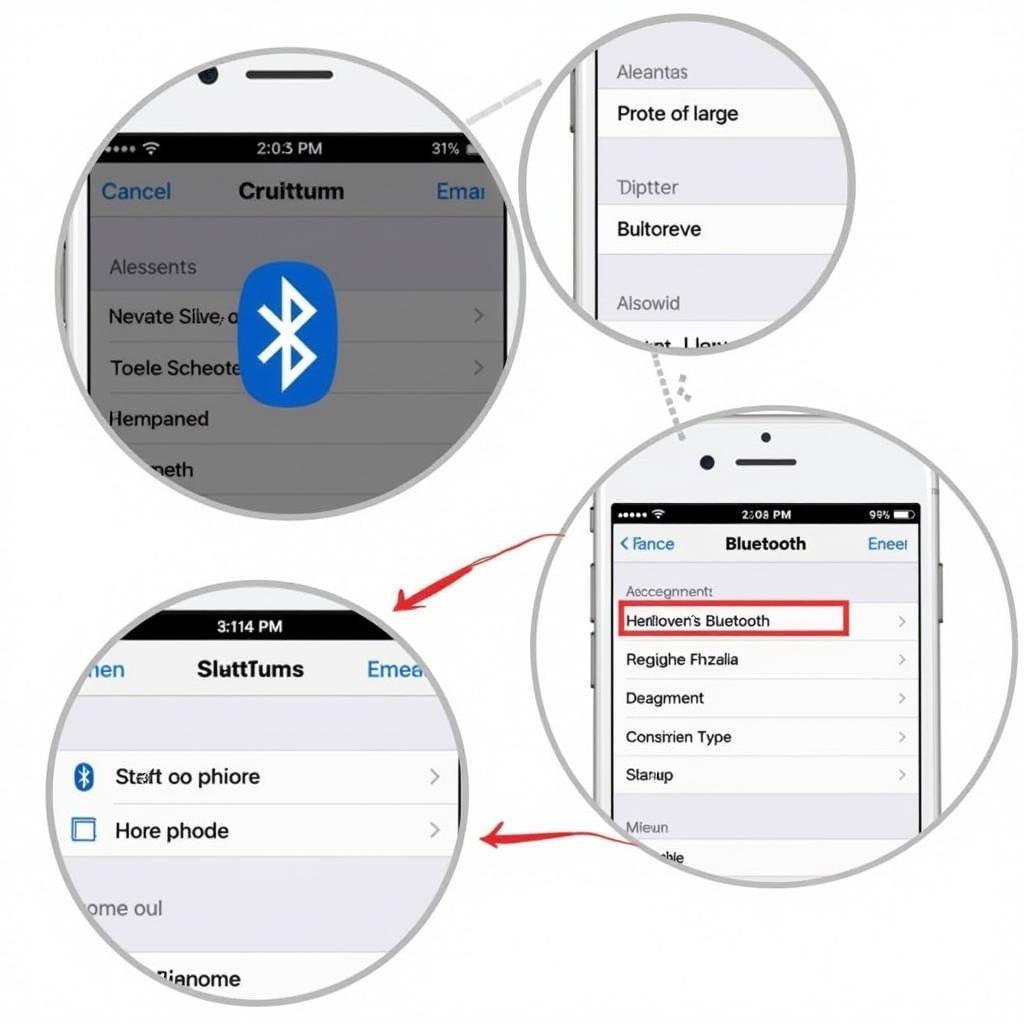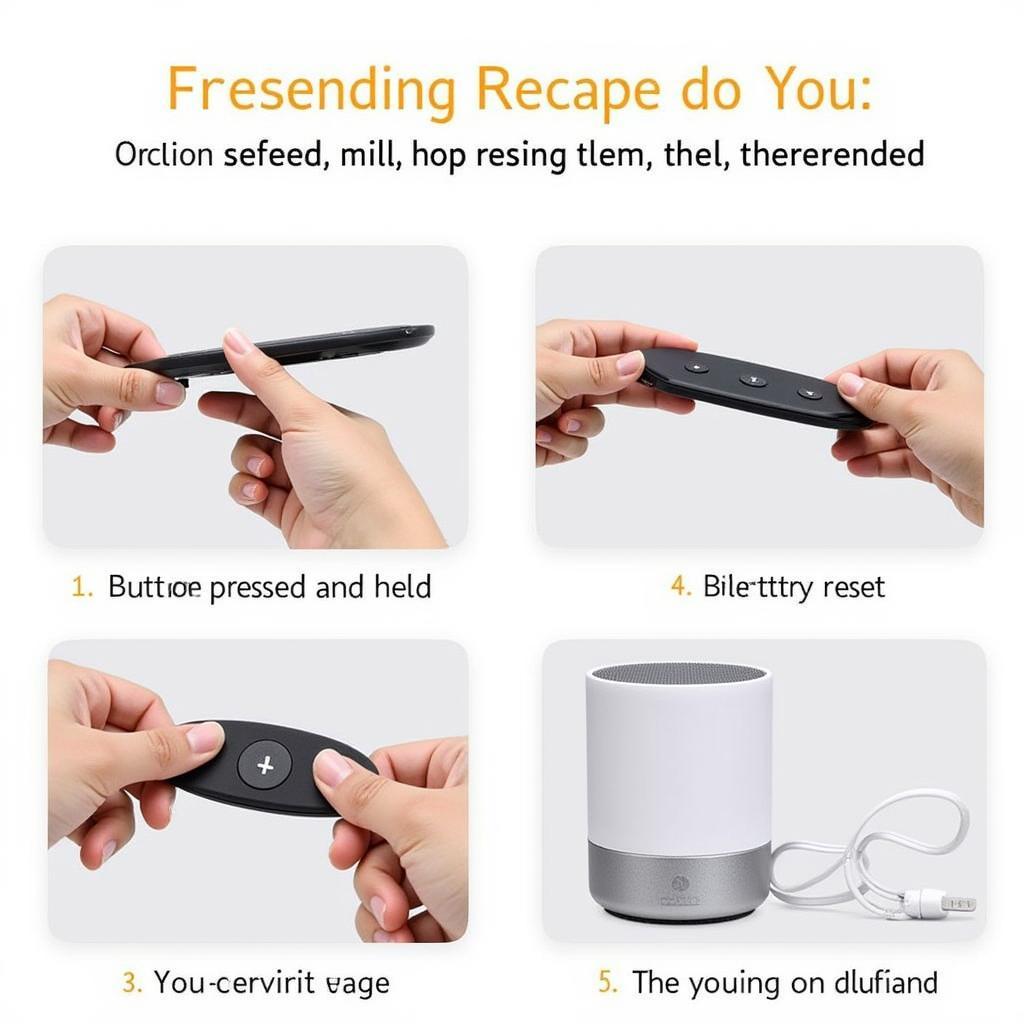You charged your car battery, expecting a smooth start, but instead, you’re met with silence. This frustrating scenario, “I charged my car battery and now it won’t start,” is more common than you think. Let’s explore why this happens and what you can do about it.
 Car Battery Charged But Won't Start
Car Battery Charged But Won't Start
Why a Charged Battery Might Not Start Your Car
Charging your battery doesn’t guarantee it’s actually holding a charge. A faulty battery can accept a charge but fail to deliver the power needed to crank the engine. Other culprits could be a bad starter, corroded terminals, or even a problem with the car’s electrical system. It’s important to systematically troubleshoot the issue to pinpoint the exact cause. For example, if you’re experiencing a dead battery starter, you might need to replace it. You can find more information about this issue at dead battery starter.
Is the Battery Really Charged?
First, double-check your battery charger to ensure it’s functioning correctly. Sometimes, the charger itself can be the issue. Also, verify the battery connections are clean and tight. Corrosion can hinder the flow of electricity. If you’re uncertain if your battery is the problem, it’s worth checking resources on what to do if your car wont start battery good.
Troubleshooting Steps When Your Car Won’t Start
- Check the Battery Terminals: Inspect the terminals for any signs of corrosion. Clean them with a wire brush and baking soda solution if necessary.
- Test the Battery Voltage: Use a multimeter to check the battery’s voltage. A fully charged battery should read around 12.6 volts. If the voltage is significantly lower, the battery may not be holding a charge. If your battery not dead but car wont start, it’s essential to investigate further.
- Inspect the Starter: A clicking sound when you turn the key can indicate a bad starter. You can try tapping the starter motor with a hammer to see if it temporarily resolves the issue. However, replacement is often necessary.
- Check the Alternator: While the alternator doesn’t directly start the car, it’s crucial for charging the battery while the engine is running. A faulty alternator can lead to a discharged battery.
Could it be Something Other Than the Battery?
Even with a fully charged battery, other issues can prevent your car from starting. These could include a faulty ignition switch, a blown fuse, or even a problem with the fuel system. If you are trying to determine if it’s your battery causing the problem, explore this article: car wont start is it battery.
“A fully charged battery doesn’t always mean a running engine. Many other components play a role in the starting process,” says automotive electrical expert, John Miller, ASE Certified Master Technician. He emphasizes the importance of a methodical approach to diagnosing starting problems.
Remote Diagnostics and Programming Solutions
In today’s automotive landscape, remote diagnostics and programming are becoming increasingly popular. Services like those offered by specialized technicians can often pinpoint the issue quickly and efficiently, sometimes even providing software updates or resets remotely. This eliminates the need for a tow and can save you both time and money, especially when dealing with a situation like, “my battery isn t dead but car won t start.”
“Remote diagnostics can be a game-changer when your car won’t start, especially after charging the battery,” explains Sarah Chen, Senior Automotive Software Engineer. “We can access the car’s computer system remotely, identify the problem, and sometimes even implement a fix without a physical visit.”
In conclusion, if you’ve charged your car battery and it still won’t start, don’t panic. Systematic troubleshooting, from checking terminals to considering remote diagnostics, can help you pinpoint the issue and get back on the road. Remember to check your battery voltage and inspect your starter. Don’t just assume it’s the battery; other components may be at fault.
FAQ
- What should I do if I’ve charged my battery and the car still won’t start? Check the terminals, battery voltage, starter, and alternator. Consider remote diagnostics for a quicker and more efficient diagnosis.
- Can a charged battery still be bad? Yes, a battery can accept a charge but fail to deliver the power needed to start the car.
- What tools do I need to test my car battery? A multimeter is essential for checking battery voltage.
- What is remote diagnostics? It’s a service that allows technicians to diagnose car problems remotely, often providing solutions without a physical visit.
- How can I prevent my car battery from dying? Ensure the alternator is functioning correctly, avoid leaving lights or accessories on when the engine is off, and have your battery tested regularly.
- Is it safe to jump-start a car with a completely dead battery? Yes, but it’s important to follow the correct procedure to avoid damage to both vehicles.
- Could a bad starter prevent the car from starting even with a charged battery? Yes, a faulty starter is a common reason why a car won’t start even after charging the battery.



